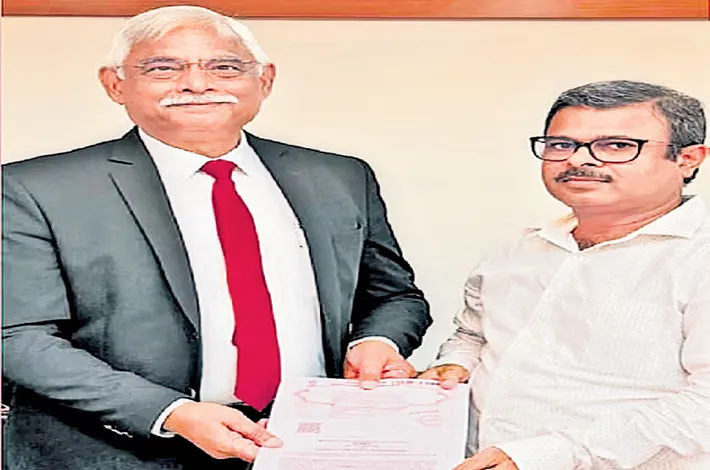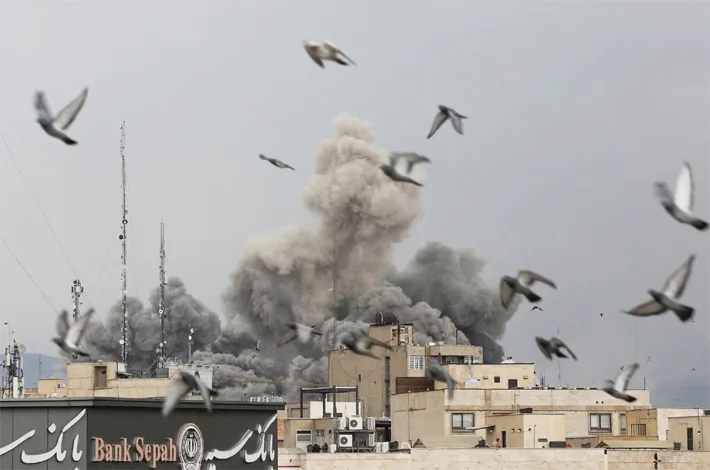AP to launch ‘Mee Doctor – Mee Intiki’ mobile project for Tribal communities
22-02-2025 12:00:00 AM

* The COVID-19 pandemic further worsened the situation, exposing the fragile healthcare system in tribal belts.
* The program has been designed with a budget of Rs.8.40 crore
metro india news I amaravati
In a bid to address the severe healthcare challenges faced by tribal communities in remote areas, the Indian Red Cross Society (IRCS), Andhra Pradesh State Branch, in collaboration with REC Foundation and state government is set to roll out the “Mee Doctor – Mee Intiki” (Your Doctor at Your Doorstep) mobile medical unit project in April 2025.
This ambitious initiative aims to provide free doorstep medical services to the most disadvantaged and medically underserved populations across seven tribal-dominated districts, including Parvathipuram Manyam, Alluri Sitarama Raju (Paderu), Palanadu, Tirupati, and Nandyal.
Tribal populations in Andhra Pradesh, particularly those residing in forested and hilly terrains, face severe healthcare access issues due to poor connectivity, a shortage of medical professionals, and a lack of proper infrastructure. Many villages are several kilometers away from the nearest health center, making it difficult for people—especially pregnant women, elderly individuals, and young children—to receive timely medical attention.
According to recent reports, the Infant Mortality Rate (IMR) and Maternal Mortality Rate (MMR) in tribal areas remain significantly higher than the state average, primarily due to malnutrition, lack of prenatal care, and preventable infectious diseases. The prevalence of tuberculosis, malaria, and other communicable diseases is also higher in these regions, owing to poor sanitation and limited awareness about preventive healthcare.
The COVID-19 pandemic further worsened the situation, exposing the fragile healthcare system in tribal belts. During the pandemic, many tribal communities struggled to access even basic health facilities, highlighting the urgent need for mobile and community-based healthcare interventions.
Speaking about the project, A.K. Parida, General Secretary and Chief Executive Officer of AP Red Cross, described “Mee Doctor – Mee Intiki” as the largest Corporate Social Responsibility (CSR) initiative undertaken by the AP Red Cross since the bifurcation of Andhra Pradesh in 2014. The program has been designed with a budget of Rs.8.40 crore, fully funded by REC Foundation, and will be implemented over a period of three years.
Under this initiative, specially equipped mobile medical units will visit designated tribal villages, providing essential healthcare services free of cost. Each mobile unit will include a doctor, a staff nurse, and a pharmacist, who will provide general health checkups, free medicines, immunizations, and referrals for advanced treatment when needed. The vehicles used for the project will be provided by REC Foundation and will be deployed strategically to cover maximum tribal habitations.








